blog
Book Review: Motor City Underground: Leni Sinclair Photographs 1963-1978
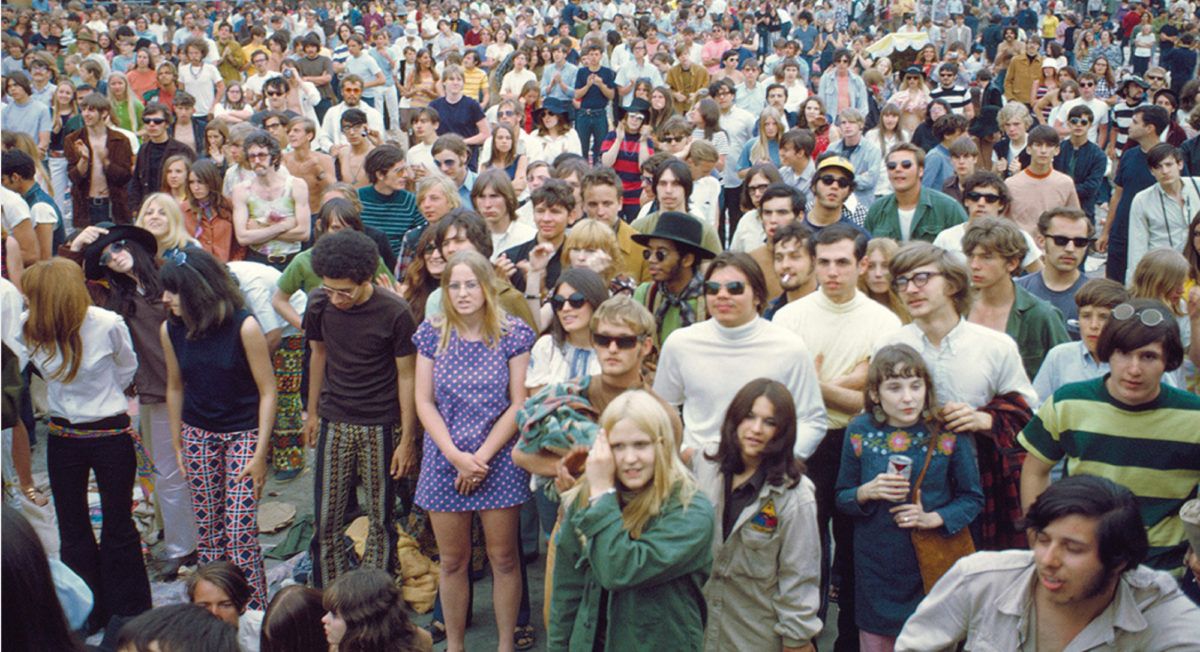
© Leni Sinclair – Michigan State Fairgrounds, Rock n’ Roll Revival, May, 1969
Leni Sinclair often refers to herself as a ‘participant-observer’, a label commonly used to describe someone documenting observations, or doing research while they actively work within the group being studied. Sinclair’s story and her iconic images are a unique journey, but also one shared with her fellow radicals, artists, progressives and freedom fighters of the time. This group included beat poets, visionary musicians, and political activists – including her husband John Sinclair – whose influences inspired change in Detroit and across the nation. Sinclair’s access to these people and events during a time of radical social change, activism, and the music scene of Detroit of the 1960s and 70s makes her archive of images invaluable.
Motor City Underground is the result of a decade-long collaboration between the late artist Mike Kelley, Leni Sinclair, editors Cary Loren and Lorraine Wild, Kristine McKenna and Donna Wingate with the Museum of Contemporary Art, Detroit. The book strives to exemplify the incredible creative energy that characterized the late 1960s in America, and specifically Detroit, Michigan. Detroit’s artistic communities and the music scene exploded in a way that uniquely linked politics and culture. In the editors’ acknowledgments, they write, “While this local history has either been forgotten or trivialized as mere rock n’ roll nostalgia, Leni Sinclair’s photographs provide a more accurate picture of the complexity and richness of those years. It is our honor to document her tireless work.”
I truly enjoy diving into archives of photos which serve to document a time, place, culture, or theme. It’s time traveling. It’s immersive. I enjoyed picking out the names of people in Sinclair’s images – mythic names like Allen Ginsberg, Sun Ra, Iggy Pop, Abby Hoffman – radicals, rabble rousers, and the like. We see the 1963 March on Washington, the Black Panthers, the White Panthers, the MC5, and organizations with names like Trans-Love Energies Unlimited. From a voyeuristic perspective, it was a joy to experience her ‘backstage pass’ to history. From the perspective of a critic (partly the role I serve with these book reviews), this book left me wandering far too often. The images lead the charge through the book in chronological order for the most part but there is no introduction to give the reader context, or lay the groundwork for Sinclair’s work or her involvement in the scenes we encounter. Poor page layout design and text treatment throughout the book left me feeling like I was trying to piece together a narrative solely from small captions which dot the landscape of the book. The reader gets background information about Sinclair and events from this time period at the end of the book, but it reads like material from the museum exhibition was placed directly into book format. That section came off being too academic for my tastes, and suffered from the same layout and type treatment maladies as the rest of the book. The interview/conversation between Sinclair and McKenna provides the most insight and context in the book, but it is five pages out of 400, and it would’ve been better placed at the beginning.
Personal taste and subjective design choices aside – Leni Sinclair’s images give us insight to an extremely formative period of time in America. We also witness the evolution of her relationship with her husband John, we see where they live, and see their children grow up. Their personal history becomes entwined with the history of the nation. As a quote from Sun Ra in the book puts it, “The possible has been tried and failed. It is time to try the impossible.” Sinclair’s work provides privileged insight into people acting as passionate agents of change, their grass-roots political involvement, and the duty of artists to comment and respond to the world around them.

© Leni Sinclair – self portrait, circa 1965
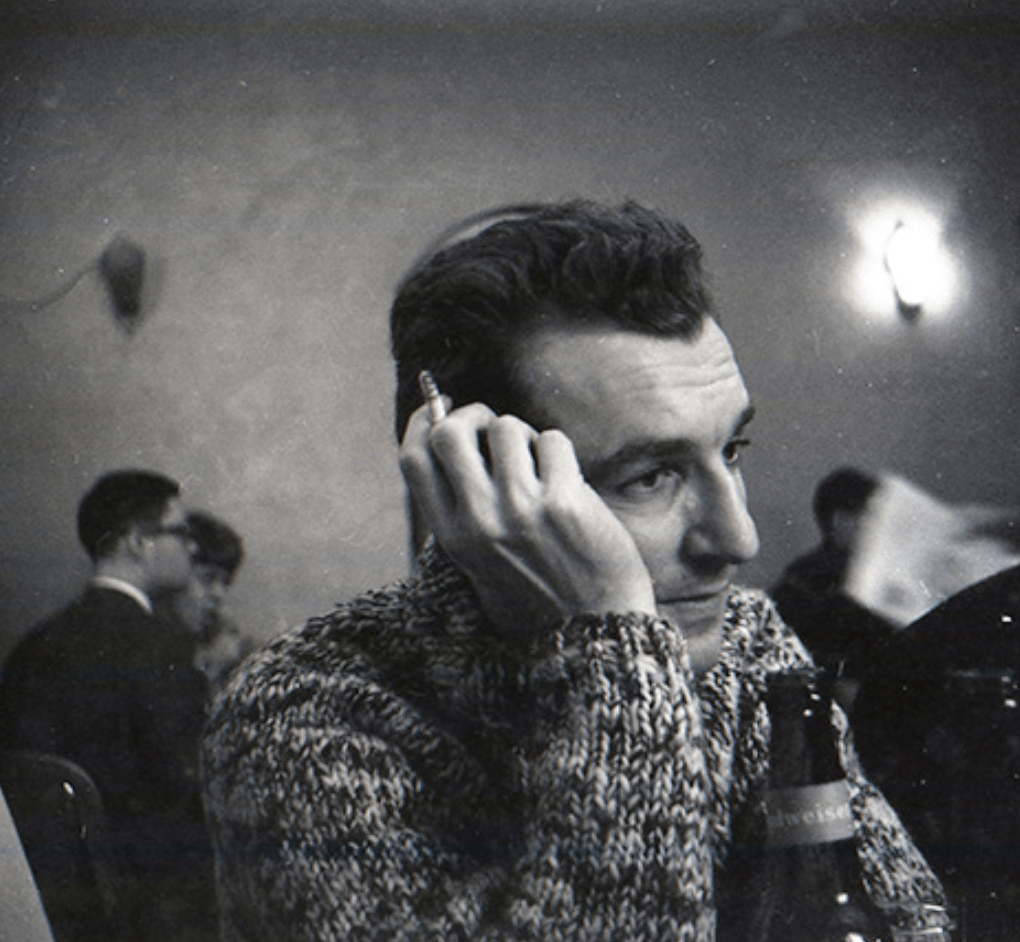
© Leni Sinclair – poet John Wieners, Detroit, 1966

© Leni Sinclair – Stokely Carmichael (right) and SNCC field workers at the National Student Association Conference in Bloomington, Indiana, 1963

© Leni Sinclair – Abbie Hoffman at the Underground Media Conference, Ann Arbor 1969
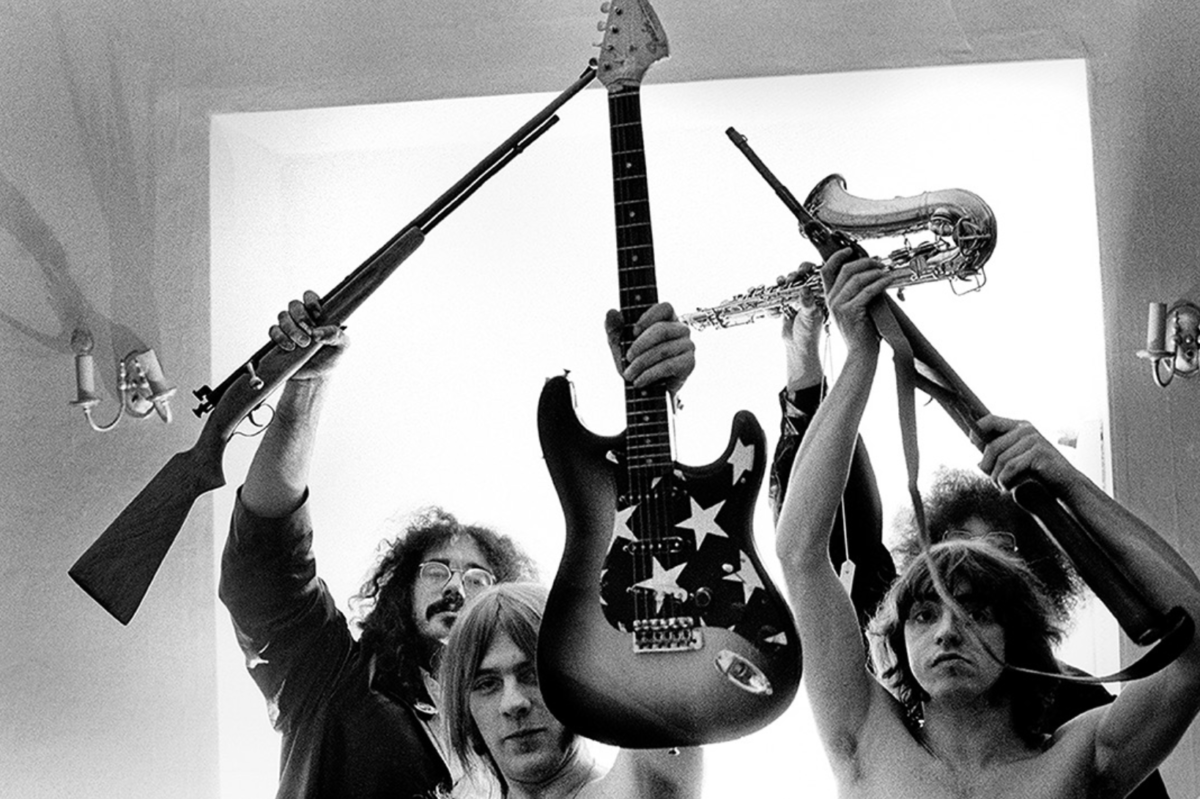
© Leni Sinclair – The MC5 recreating the White Panther Party ‘nation’ symbol
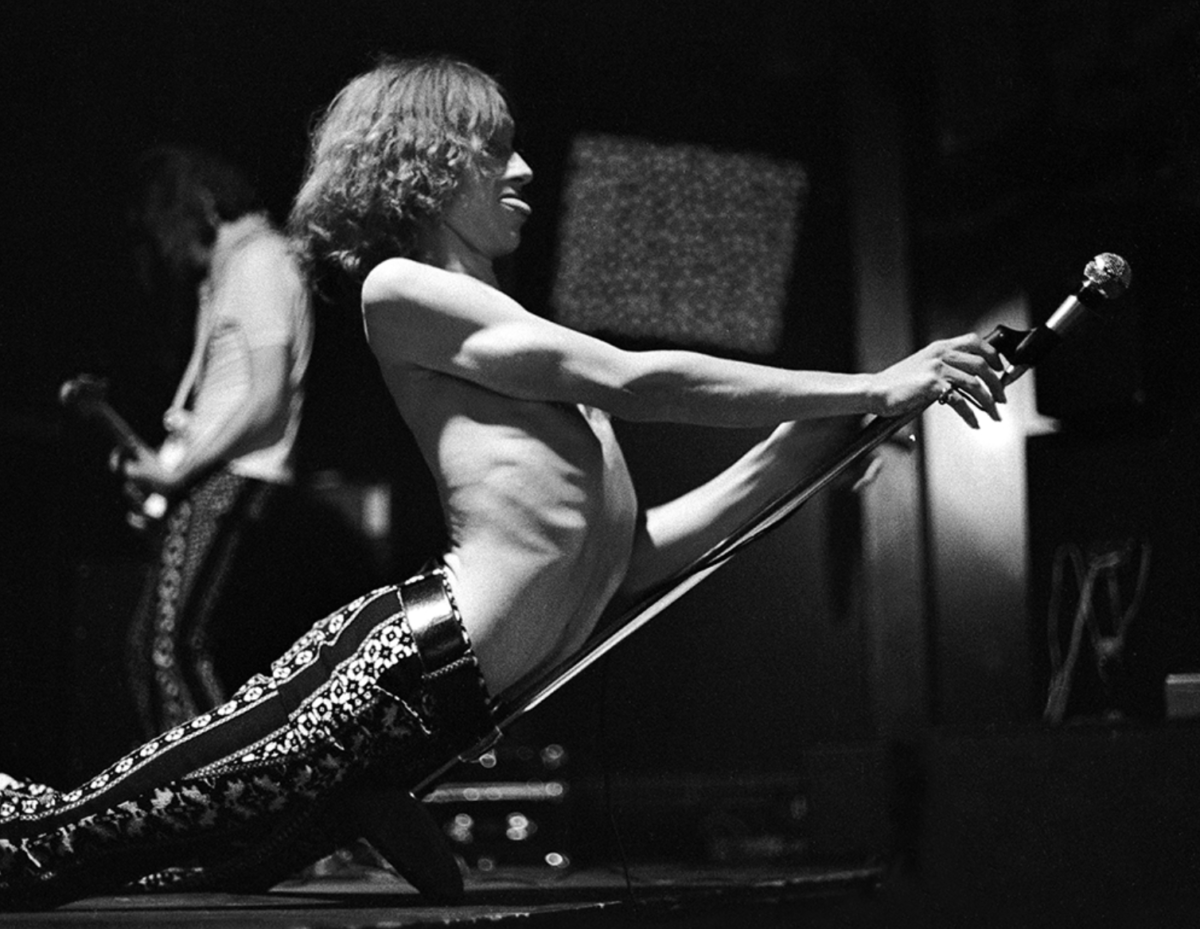
© Leni Sinclair – Iggy Pop at the Grande Ballroom, 1968
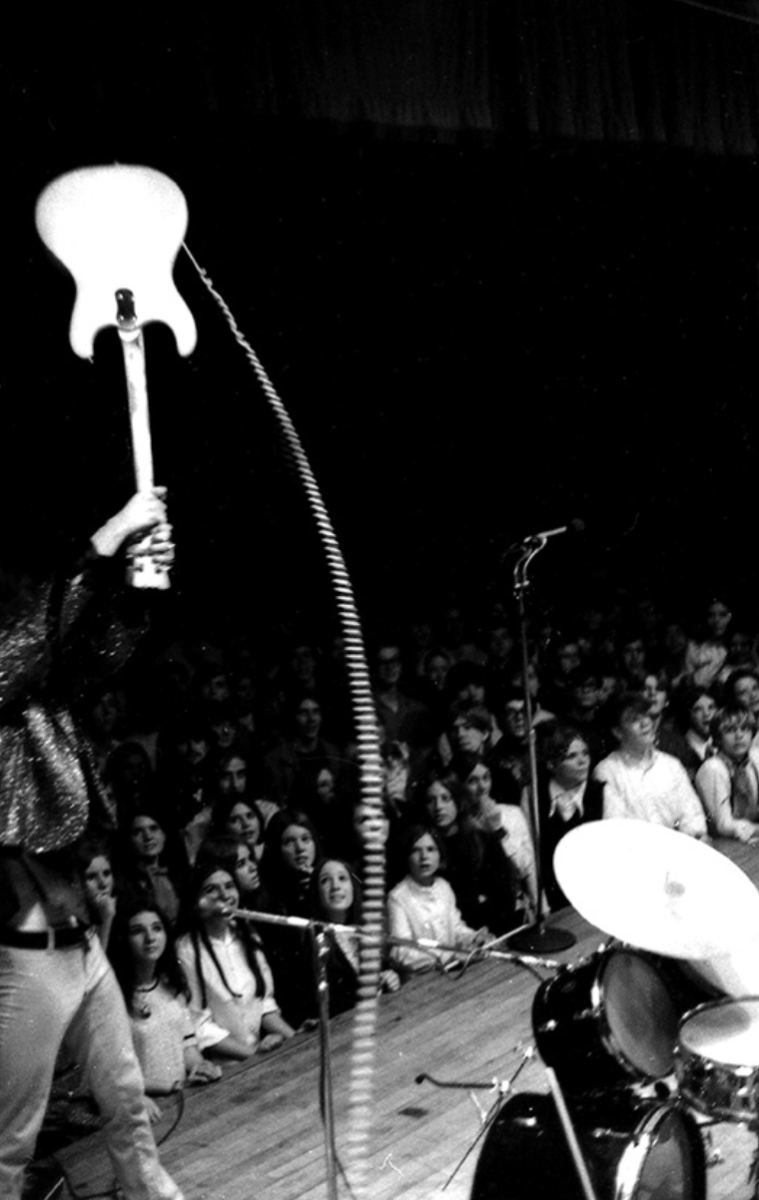
© Leni Sinclair – Fred “Sonic” Smith in performance with the MC5 at Michigan State University, Lansing, Michigan, 1969
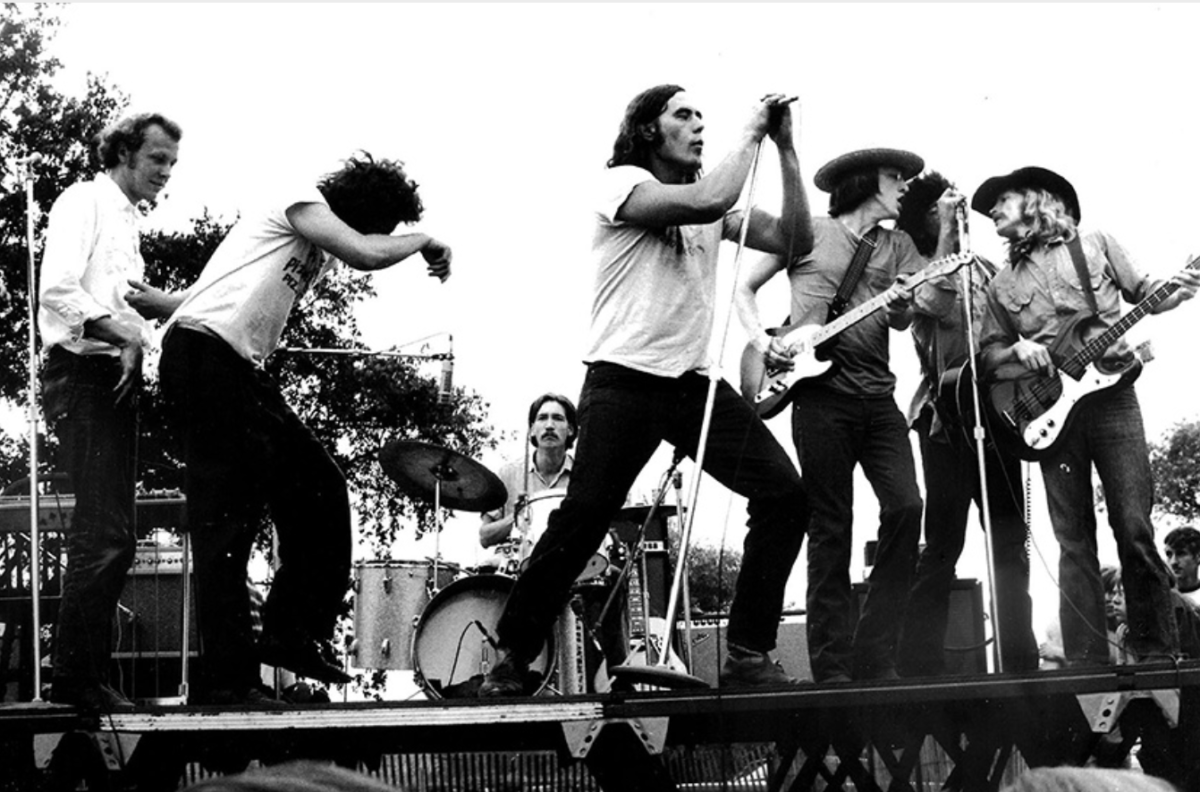
© Leni Sinclair – Commander Cody and the Lost Planet Airmen, Ann Arbor, 1967
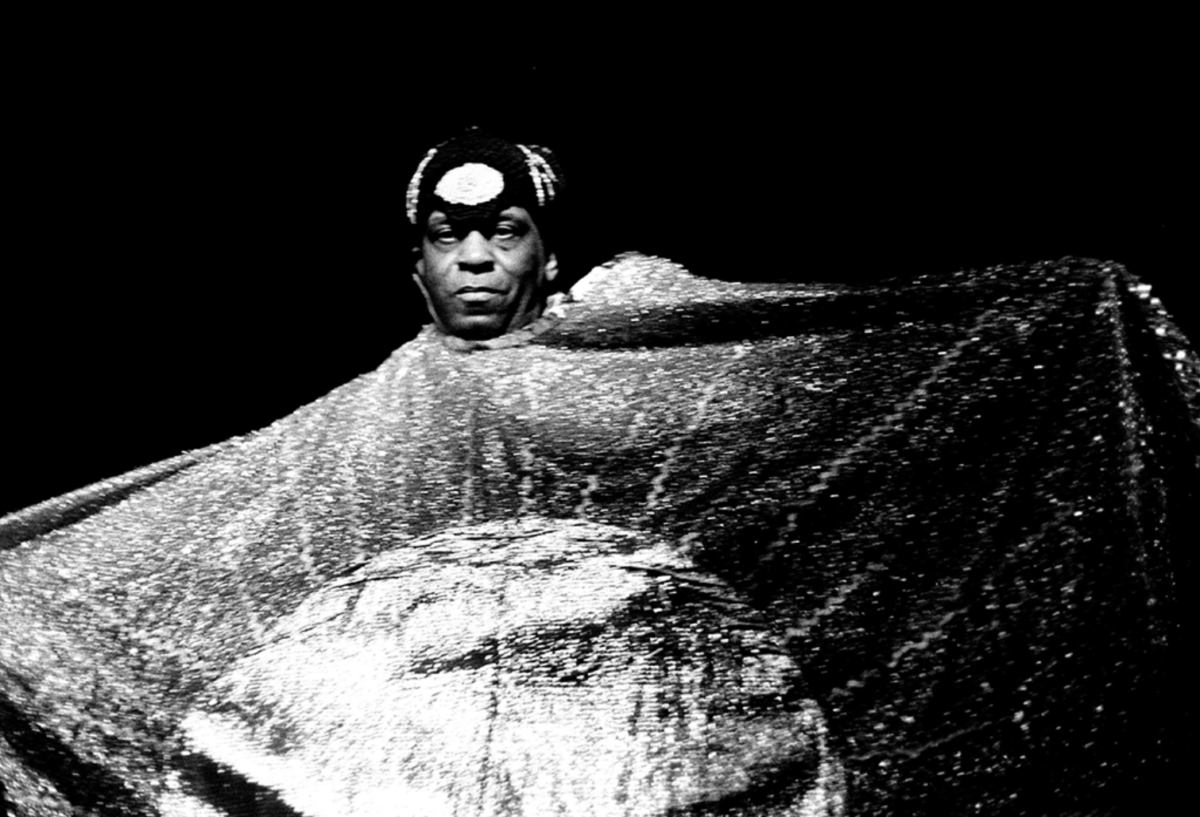
© Leni Sinclair – Sun Ra at the Rainbow Room, Shelby Hotel, Detroit, 1974
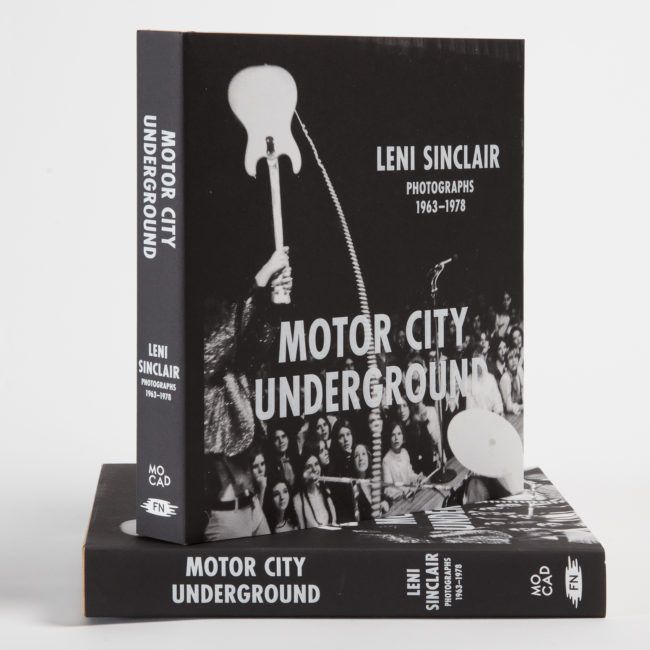
Motor City Underground: Leni Sinclair Photographs 1963-1978
Edited by Cary Loren and Lorraine Wild
First edition © 2021 by the Museum of Contemporary Art, Detroit and Foggy Notions
ISBN #978-0-9835870-0-2
Distributed by ARTBOOK / D.A.P.
Location: Online Type: Book Review, Documentary
Events by Location
Post Categories
Tags
- Abstract
- Alternative process
- Architecture
- Artist Talk
- artistic residency
- Biennial
- Black and White
- Book Fair
- Car culture
- Charity
- Childhood
- Children
- Cities
- Collaboration
- Community
- Cyanotype
- Documentary
- Environment
- Event
- Exhibition
- Faith
- Family
- Fashion
- Festival
- Film Review
- Food
- Friendship
- FStop20th
- Gender
- Gun Culture
- Habitat
- Hom
- home
- journal
- Landscapes
- Lecture
- Love
- Masculinity
- Mental Health
- Migration
- Museums
- Music
- Nature
- Night
- nuclear
- p
- photographic residency
- Photomontage
- Plants
- Podcast
- Portraits
- Prairies
- Religion
- River
- Still Life
- Street Photography
- Tourism
- UFO
- Water
- Zine

Leave a Reply